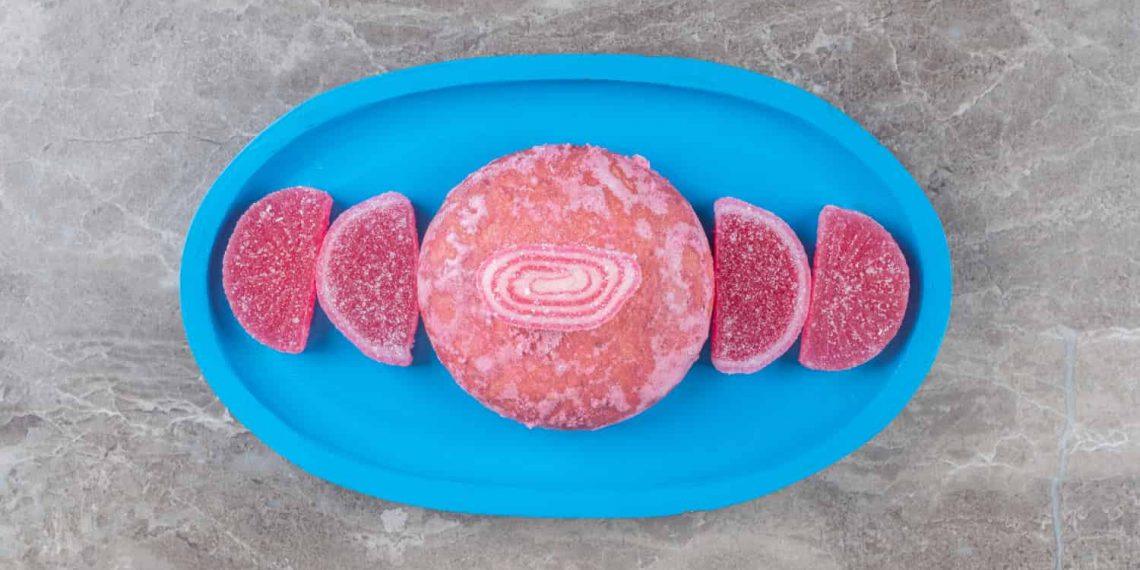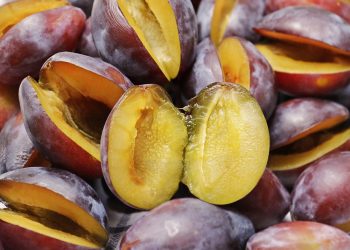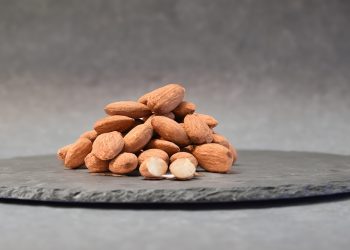The ability to efficiently digest meat varies significantly across species. Animals like dogs, cats, and pigs have evolved specialized digestive systems that process meat with remarkable efficiency. But can we improve digestion of meat in a similar way?
While our digestive systems differ from theirs, there are several ways to optimize our gut health and enhance our ability to process meat. This article explores practical strategies, backed by science, to improve digestion of meat.
Contents
- Understanding Meat Digestion: What Sets Us Apart from Carnivores?
- 1. Increase Digestive Enzyme Intake
- 2. Support Stomach Acid Levels
- 3. Optimize Gut Health with Probiotics
- 4. Incorporate Bone Broth for Collagen and Amino Acids
- 5. Eat Smaller, More Frequent Meals
- 6. Choose Easily Digestible Cuts of Meat
- 7. Drink Plenty of Water
- The Bottom Line
Understanding Meat Digestion: What Sets Us Apart from Carnivores?
Before we dive into solutions, it’s important to understand why carnivores (like dogs and cats) digest meat so effectively and how their systems differ from ours. Unlike herbivores or omnivores, carnivores have shorter intestines and more acidic stomachs, which allow them to break down protein and fat-rich foods like meat more efficiently.
Our digestive system, on the other hand, is more complex and slower to process these types of foods. The stomach acid is less potent, and our intestines are longer, which can lead to slower digestion. However, with the right approach, it’s possible to improve digestion of meat and make the process more efficient.
1. Increase Digestive Enzyme Intake
Digestive enzymes play a crucial role in breaking down food, especially proteins and fats. While our bodies naturally produce enzymes to aid digestion, we can enhance this process by consuming foods or supplements that promote enzyme production.
Enzyme-Rich Foods
-
Pineapple: Contains bromelain, an enzyme that helps break down protein.
-
Papaya: Rich in papain, which aids in protein digestion.
-
Ginger: Supports digestive enzyme activity and can help soothe the stomach.
Supplements
-
Protease enzymes: These help break down proteins more efficiently.
-
Lipase: Assists in the breakdown of fats, which are abundant in meat.
By incorporating enzyme-rich foods into your diet or taking digestive enzyme supplements, you can potentially improve digestion of meat.
2. Support Stomach Acid Levels
The efficiency of digestion largely depends on the level of stomach acid. Carnivores have highly acidic stomachs, which help break down meat quickly. While it’s not advisable to make your stomach as acidic as a lion’s, you can support your natural stomach acid production.
Tips to Boost Stomach Acid:
-
Apple cider vinegar: A tablespoon before meals can stimulate stomach acid production.
-
Lemon juice: Drinking water with lemon juice before meals may increase acidity.
-
Avoid antacids: While they can alleviate heartburn, they also reduce stomach acid, making digestion slower.
Supporting optimal stomach acid levels can make meat digestion more efficient.
3. Optimize Gut Health with Probiotics
Gut health is essential for digestion. The right balance of gut bacteria can improve nutrient absorption and digestion efficiency. While most people think of probiotics in terms of digestion of carbohydrates, they also help break down proteins and fats, especially when it comes to heavier meals like meat.
Probiotic-Rich Foods:
-
Yogurt: Contains beneficial bacteria that can enhance digestion.
-
Kefir: A fermented drink that supports gut health.
-
Sauerkraut and kimchi: Fermented vegetables that promote healthy bacteria growth in the gut.
Probiotics not only aid digestion but also contribute to overall gut health, reducing bloating and discomfort after eating meat.
4. Incorporate Bone Broth for Collagen and Amino Acids
Bone broth is a nutritious food that can support the digestion of meat by providing collagen and amino acids. Collagen is a key protein that helps repair and maintain the lining of the digestive tract. A strong gut lining helps improve the absorption of nutrients from meat.
Benefits of Bone Broth:
-
Healing properties: Collagen and gelatin from bone broth can soothe the digestive tract.
-
Amino acids: Glycine and proline found in bone broth support the body’s digestive processes.
Drinking bone broth regularly or adding it to meals can help support digestion, especially when consuming meat.
5. Eat Smaller, More Frequent Meals
Large meals, especially those that are meat-heavy, can overwhelm the digestive system. One way to improve digestion of meat is by eating smaller, more frequent meals. This approach can help prevent indigestion, bloating, and other discomforts associated with heavy meat meals.
How to Implement This Strategy:
-
Eat smaller portions: Instead of a large steak, try a few smaller servings throughout the day.
-
Snack on protein: Include smaller protein-rich snacks like boiled eggs or lean meat slices.
-
Chew thoroughly: The more you chew, the easier it is for your digestive system to break down meat.
By consuming smaller amounts of meat more frequently, you can help your digestive system process it more efficiently.
6. Choose Easily Digestible Cuts of Meat
Not all cuts of meat are equal when it comes to digestion. Some cuts are fattier, tougher, and harder to break down. Opting for leaner, more tender cuts can make a significant difference in how easily your body processes meat.
Best Cuts for Easier Digestion:
-
Chicken breast: A lean and tender cut that is easier to digest.
-
Fish: Fish like salmon and cod are rich in omega-3 fatty acids and are easier to digest than red meats.
-
Ground meats: These are often easier to digest because they are already broken down to some extent.
Choosing the right cuts can go a long way in improving meat digestion and reducing discomfort.
7. Drink Plenty of Water
Water is essential for digestion, helping to break down food and absorb nutrients. Drinking water before, during, and after meals can ensure that your digestive system has the fluids it needs to process food, including meat.
Hydration Tips:
-
Drink water before meals: This helps prepare the digestive system for food.
-
Stay hydrated throughout the day: Proper hydration supports optimal digestion and nutrient absorption.
-
Avoid excessive amounts of liquids during meals: Too much liquid can dilute stomach acid and slow digestion.
Ensuring proper hydration is a simple yet effective strategy to improve digestion of meat.
The Bottom Line
Improving digestion of meat is possible with the right strategies. By focusing on digestive enzyme support, maintaining healthy stomach acid levels, optimizing gut health, and choosing the right types of meat, you can enhance your ability to process protein and fats. Additionally, eating smaller meals and staying hydrated can further support digestive efficiency. With these simple adjustments, you can enjoy meat in a way that’s easier on your digestive system.
FAQs
-
Can a plant-based diet improve digestion for meat eaters? Yes, incorporating plant-based foods like fiber-rich vegetables can improve overall digestion and enhance gut health, making it easier to digest meat.
-
Does cooking meat affect its digestibility? Yes, cooking meat can make it easier to digest by breaking down proteins and fats. Grilling, roasting, or slow cooking are great methods.
-
Can digestive supplements really help with meat digestion? Digestive enzyme supplements, especially those containing protease and lipase, can assist in breaking down proteins and fats, improving meat digestion.
Get Your FREE Natural Health Guide!
Subscribe now and receive our exclusive ebook packed with natural health tips, practical wellness advice, and easy lifestyle changes — delivered straight to your inbox.














